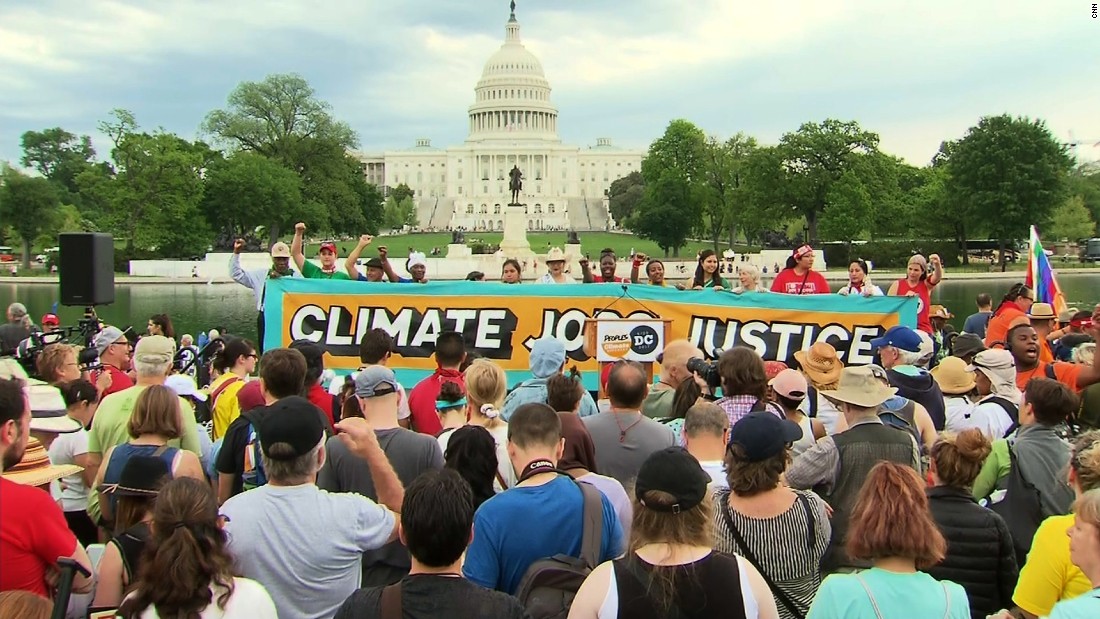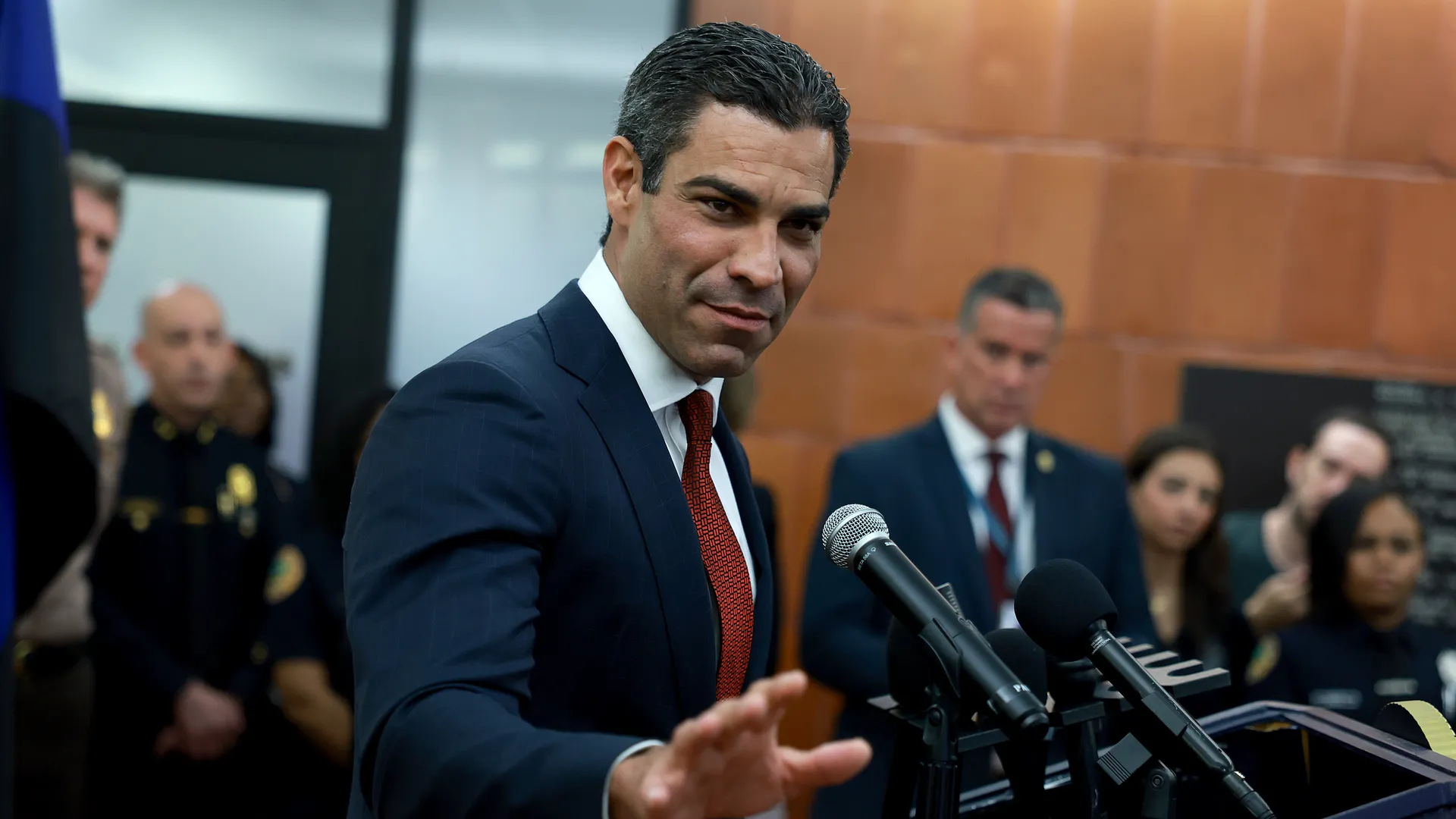The stark reality of climate change is no longer a distant threat; it is an immediate crisis impacting millions, especially in coastal communities. Recent research indicates that rising sea levels and increasingly severe storms are forcing families to relocate, and it is low-income populations that are bearing the brunt of these environmental changes. According to a study published in PMC, climate change mitigation policies often exacerbate existing inequalities, leading to further disenfranchisement of vulnerable communities.
Low-Income Communities Face Displacement
As reported by the EPA, coastal counties, while only comprising 10% of the nation"s landmass, are home to 40% of the U.S. population. This concentration makes them particularly susceptible to the adverse effects of climate change. The looming threat of displacement is not a mere statistic; it represents real families, real lives, and it is an urgent call to action for policymakers to prioritize those who are most at risk.
Environmental Justice Is Essential
The findings of the EPA illustrate that the most severe harms from climate change are disproportionately affecting socially vulnerable communities. These populations often lack the resources to adapt or relocate, creating a cycle of inequity that is morally unacceptable. The climate crisis is not just an environmental issue; it is a matter of civil rights and social justice.

People"s Climate March: Protest takes on Trump policies -- and the heat ...
Urgent Action Required to Mitigate Impact
Research indicates that without immediate action, millions could be displaced within the next decade. The NOAA highlights the rapid rise in sea levels and the growing vulnerability of coastal infrastructure. This is not just a future problem; it is happening now, and the implications for public health, housing, and economic stability are profound. The need for equitable transformative adaptation is clear. As stated in the Fifth National Climate Assessment, intentional and equitable planning can address the root causes of these disparities.
Community Voices Must Be Heard
The stories of those affected must be front and center in the discourse on climate policy. Community leaders are calling for a seat at the table when decisions are made about climate adaptation and resilience strategies. According to Berkeley"s report on climate refugees, neglecting these voices only perpetuates the cycle of displacement and disenfranchisement. It is imperative that we listen and implement policies that reflect the needs and rights of all communities.

Presidential hopeful Francis Suarez has little power as Miami ...
Climate Change Is a Civil Rights Issue
As a former civil rights attorney, I understand that climate change is inextricably linked to civil rights and social justice. The U.S. must address these challenges through a lens that prioritizes equity and justice. The current trajectory of climate policy is insufficient. We need comprehensive legislation that not only mitigates climate change but also uplifts marginalized communities. The voices of low-income populations must lead the way in shaping solutions that are equitable and sustainable.







![[Video] Gunfire between Iraqi security forces and Sadr militias in Baghdad](/_next/image?url=%2Fapi%2Fimage%2Fthumbnails%2Fthumbnail-1768343508874-4redb-thumbnail.jpg&w=3840&q=75)
